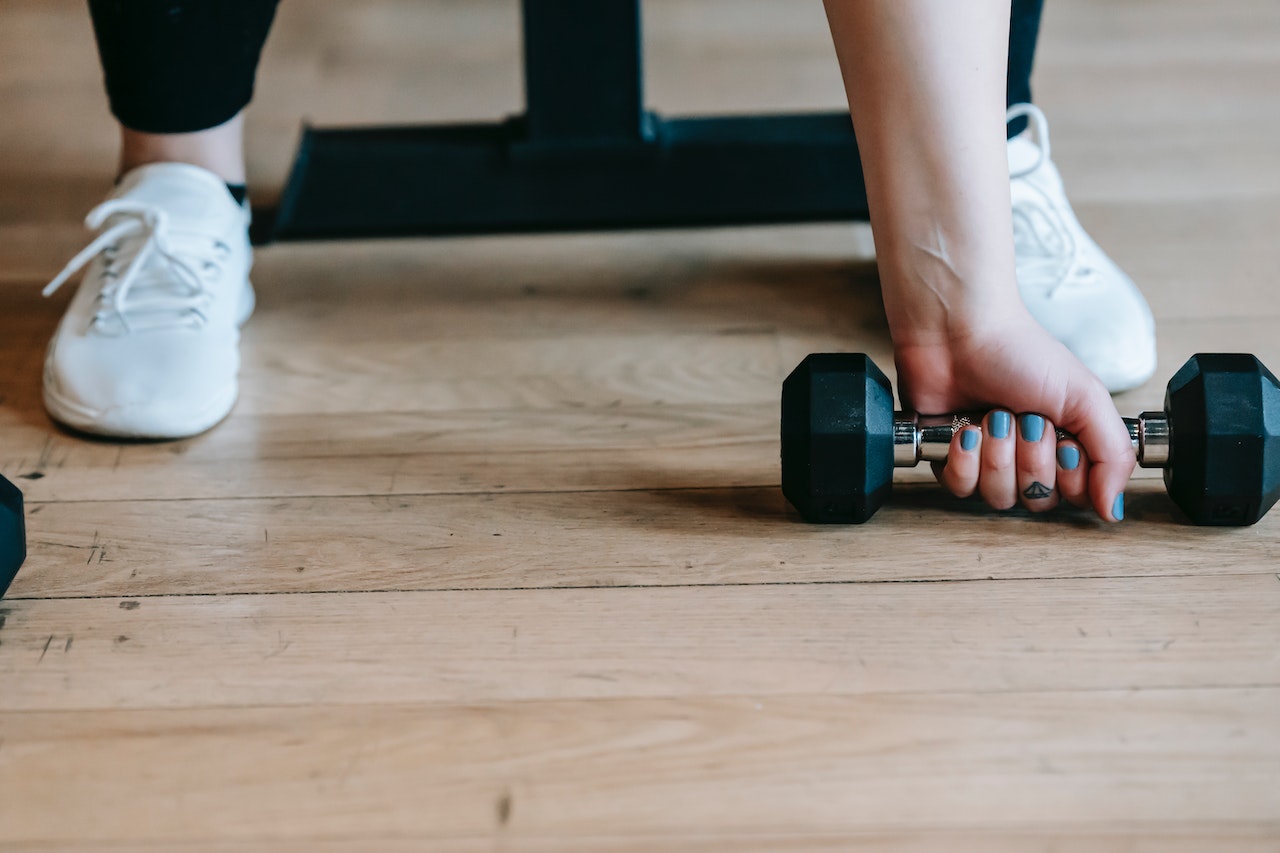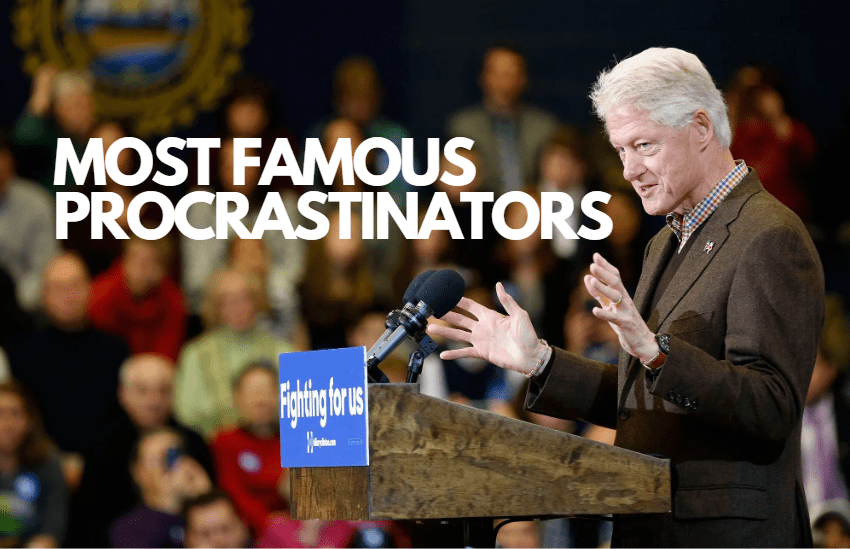Life frequently presents circumstances that cause us anxiety, tension, or discomfort. It’s also common to have some anxiousness in certain circumstances. Anxiety may even be advantageous occasionally, such as when we must maintain our motivation to fulfill a deadline. However, some people have social anxiety that is so difficult and persistent that it affects their daily lives.
What is Social Anxiety?
One of the most common anxiety conditions is known as social anxiety disorder. People with this type of anxiety often feel anxiety symptoms and fear in situations where they might be judged or observed.
Actions taken in public, like eating at a restaurant or using a public toilet, can make people with social anxiety disorder feel afraid or anxious because they fear being humiliated or criticized by others.
Anxiety in these situations for people who suffer from social anxiety disorder experience these fears and often think they are powerless to change their feelings. These feelings of anxiety can stop them from going to work, attending school, or even performing daily tasks. Some people can complete tasks, but they have a great deal of worry about them.
Someone with a social anxiety disorder might stress about going to a social outing weeks before the event occurs. It is also common for them to altogether avoid situations or places that make them feel uncomfortable.
Ways to Deal with Social Anxiety
Facing Your Fears
While avoiding scary events could lessen your emotional reactions in the short run, it dramatically restricts your life in the long run. Additionally, as your fear gets more widespread, you fear an increasing variety of scenarios. On the other hand, gradually introducing social settings to yourself while also practicing relaxation methods can assist in lessening the stress and negative feelings you connect with them.
Deep Breathing
If you struggle with social anxiety, you most likely have intense emotional reactions in public. Your body being in a calm condition is one approach to lessen these tense reactions. It is simpler to appreciate being among others when your body is relaxed, your breathing is steady and natural, and your mind is clear of unfavorable ideas.
In situations that make you anxious, you could breathe excessively fast, exacerbating your other anxiety symptoms. To slow down your breathing and improve your comfort, try deep breathing exercises.
Practice Participating in Social Situations
Start in simpler scenarios, like hanging out with a small group, and attempt new things as you get more at ease. Select settings where you feel comfortable and supported. Consider going out with a companion or choosing a location where you can escape if necessary. Engaging with individuals you have a connection with will help you feel less apprehensive. Instead of concentrating on your conduct in social settings, try engaging with others.
Recognize that you might not be successful every time you attempt. One approach to expanding your comfort zone is to feel a bit pushed, but if something is too difficult, it’s all right to back off.
Take the Focus Off Yourself
Instead of getting stuck in your own thoughts, try to pay attention to the world around you. You can do this by focusing on what is being talked about or by telling yourself that other people aren’t focused on looking at how worried you are just by glancing at them. Concentrate on being in the moment, and listen to the conversation around you. Most people like it when others appear interested and are listening actively.
Reassess Your Thinking
Our manner of thinking can affect how socially anxious we are. Many of these ideas are uncontrollable, unpleasant, and unproductive. In these situations, it’s critical to remember that our thoughts are just that—thoughts—and not actual truths.
Your bad ideas influence how you behave, a byproduct of your negative thoughts and the source of social anxiety. This results in even more pessimistic views. And so forth. You may need to evaluate your thinking and alter your behavior to overcome your shyness and social anxiety.
Final Thoughts
People can be affected by social anxiety in various ways. While some people experience anxiety in all social circumstances, others only experience dread when they must perform an activity in front of others.
Once you understand your triggers, you can address them and live a more fulfilling life. If you need help understanding your social anxiety disorder and better learning how to manage it, use Virtue Maps and our selection of confidence-boosting daily tools and techniques. With the knowledge, support, and transformation process we have in place, you can live your life on your terms.




